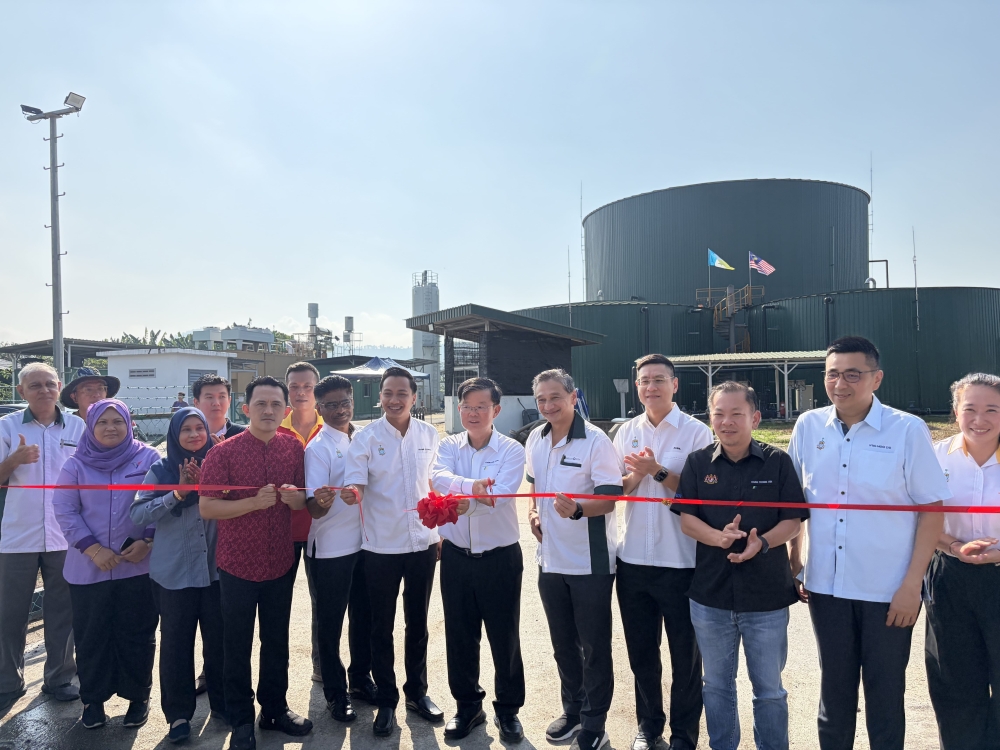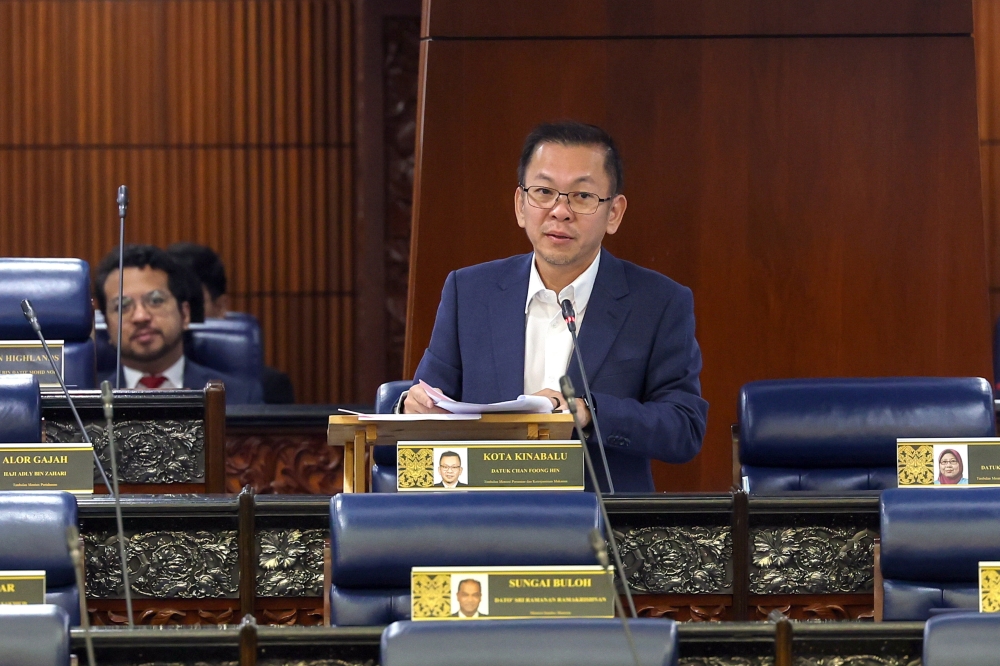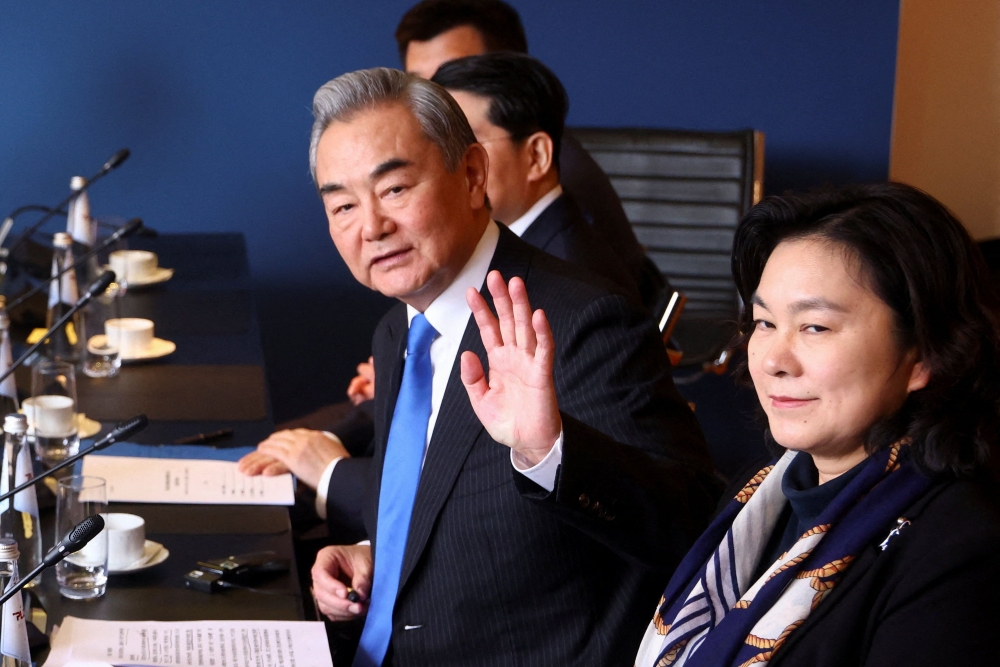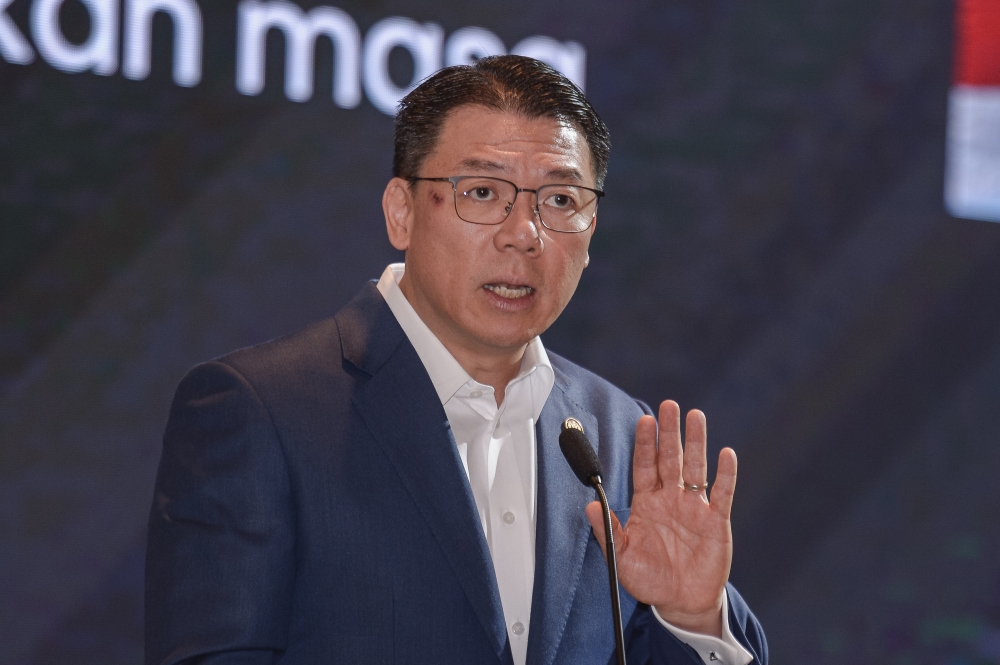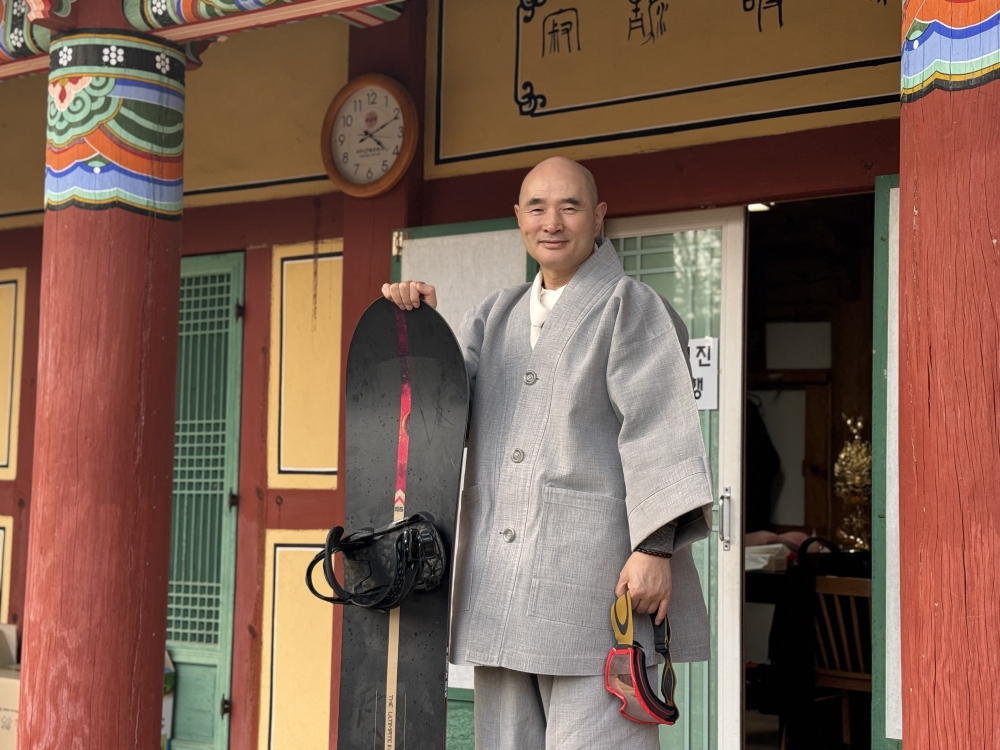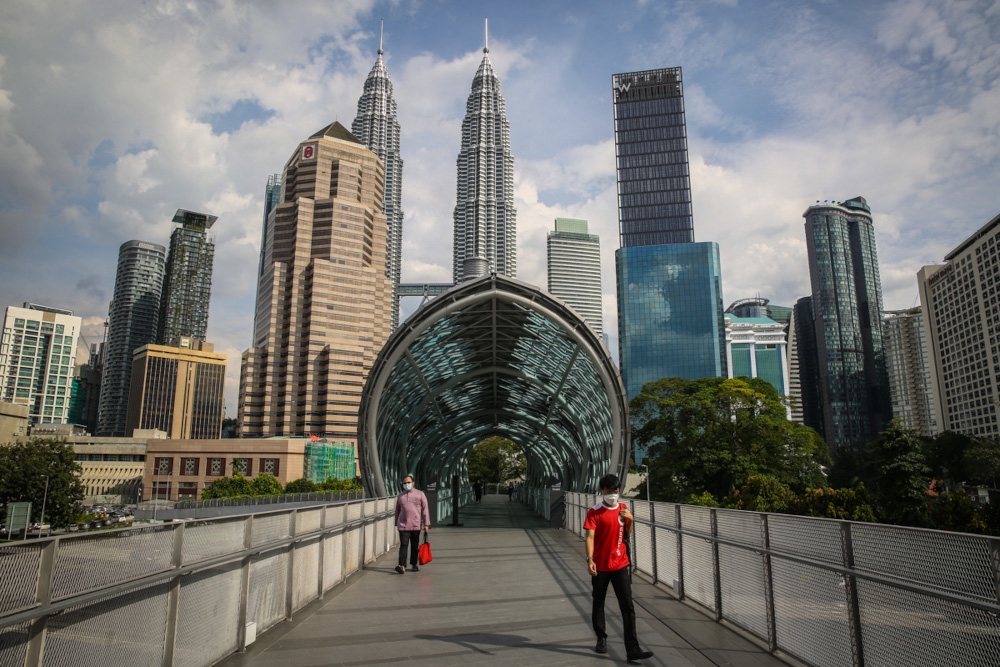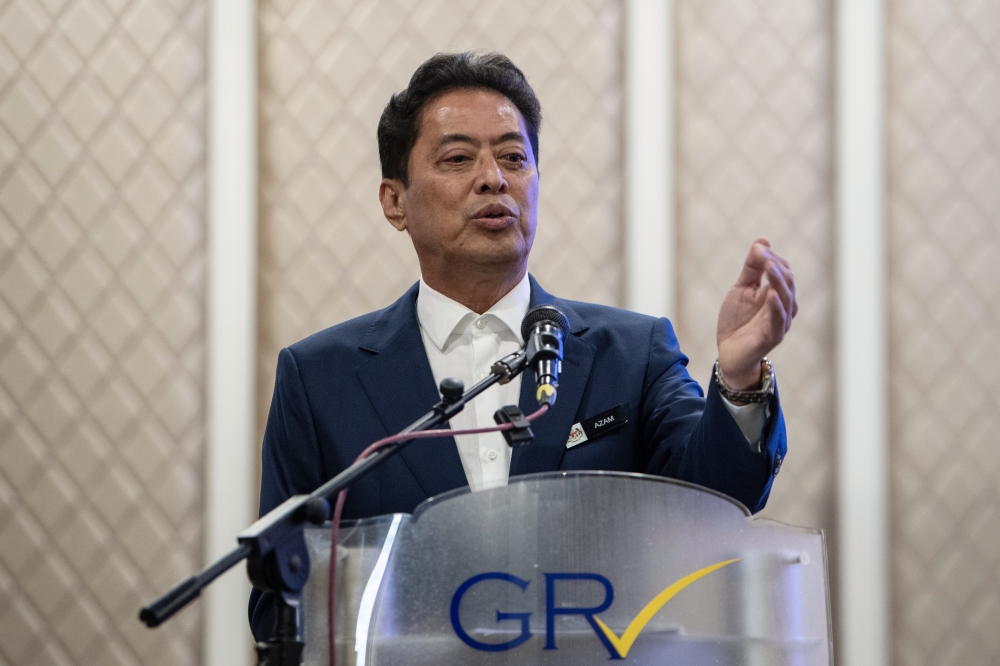NOVEMBER 30 ― Residents of Taman Tun Dr Ismail (TTDI), the lovely suburb I grew up in, are not demanding the impossible by asking for a park in the neighbourhood to be protected from ugly condominium blocks that only the uber rich can afford.
We simply want the original 2008 version of the Kuala Lumpur City Plan ― which designates most of Taman Rimba Kiara (TRK), except for a Hindu temple and longhouse area, as “public open space“ ― to be followed.
Federal Territories Minister Khalid Samad has suggested scaling down the massive nine-block development project by Memang Perkasa (including one block of 350 units for Bukit Kiara longhouse residents), as cancelling it outright will reportedly cost Kuala Lumpur City Hall (DBKL) RM200 million, even though most of the money is arguably government fees paid by the developer, a subsidiary of Malton Berhad, that can easily be returned.
Khalid also said the high-end condominium project would be automatically considered illegal, upon which the developer cannot demand any compensation, if the Malaysian Anti-Corruption Commission (MACC) found elements of graft. The operative word here is “if”, as Khalid stresses that the onus is on MACC, not him.
The High Court unfortunately denied TTDI residents’ application for judicial review of DBKL’s conditional planning permission and development order for the high-rise project, ruling that the development order was not illegal.
And now, a joint working committee has been set up comprising the FT Minister, Segambut MP Hannah Yeoh, Kuala Lumpur Mayor Datuk Nor Hisham Ahmad Dahlan, developer Memang Perkasa, and resident associations from TTDI and the Bukit Kiara longhouse to resolve the dispute.
It is not that the government does not know what TTDI and longhouse residents want. After the lawsuit, numerous protests, and a recent town hall meeting with Khalid, Yeoh, and Nor Hisham, it is clear that TTDI residents want TRK to remain untouched, while the longhouse community wants permanent housing that the government had promised them almost four decades ago when those workers were displaced from the Bukit Kiara rubber estate in 1982.
This isn’t terribly complicated.
The promise to build permanent housing for longhouse residents, which the previous Barisan Nasional (BN) administration failed to fulfil, has now been brought over to the new Pakatan Harapan (PH) government.
Khalid should not be asking for an “offer on the table” from a developer to build proper homes for the longhouse community, since businesses are not charitable by nature. DBKL should just fund the project for the longhouse residents itself by making other cuts to get the money.
It is not easy to make budget cuts, of course, but permanent housing for the longhouse residents should be a priority given that the government’s promise is an embarrassingly old one.
Residence for the longhouse community must be separated from the luxury project at TRK. They should not be perceived as a packaged deal simply because the government (be it the old or the new administration) refuses to spend public funds to build permanent housing for the longhouse community.
Housing is the government’s responsibility.
On the protection of TRK, TTDI residents simply want the 25-acre park to be maintained without the encroachment of a massive high-rise project.
Even if MACC does not uncover any corruption in the luxury development deal, the government must still cancel the project on the basis that it violates the 2008 version of the KL City Plan.
Despite the High Court ruling that the development order was not illegal, what is legal isn’t necessarily right. It may not be illegal, for example, to troll someone online, but that doesn’t mean it’s the right thing to do.
The right thing for the government to do is to protect a park in an increasingly concrete city, not defend an agreement made in an unethical and opaque manner without consulting residents affected by it.
If DBKL must spend money to cancel the unethical development project at TRK (and other projects that contravene the KL City Plan), then so be it. Let KL ratepayers judge for themselves how their tax monies should be used.
This, if anything, should be cause for the restoration of local council elections so that KL voters have the power to decide their own city budget, instead of it being decided by a federal minister appointed by a government that is elected by voters beyond KL. TTDI should have its own elected local councillor.
At the end of the day, it doesn’t matter how much money is involved in upholding (or canceling) monstrous development projects that scar the city. This is because the money belongs to taxpayers; the government is merely a custodian that allocates resources based on what voters want.
Right now, TTDI voters and taxpayers want the government to cancel the high-rise project at TRK and to build the long overdue permanent housing for Bukit Kiara longhouse residents.
DBKL can cut other things, if it must, to do those two things. Have town hall meetings to discuss the impact of any budget cuts.
Khalid says he would rather DBKL use the money to widen roads, repair drains, and provide facilities, instead of compensating the developer by cancelling the TRK high-rise project, but this should be decided by TTDI and other KL residents who may prefer preserving a vital green lung to fixing infrastructure.
The government should not purport to use public funds as it wishes without public consultation.
It is our money; we have the right to direct the government on how to spend it.
* This is the personal opinion of the columnist.






